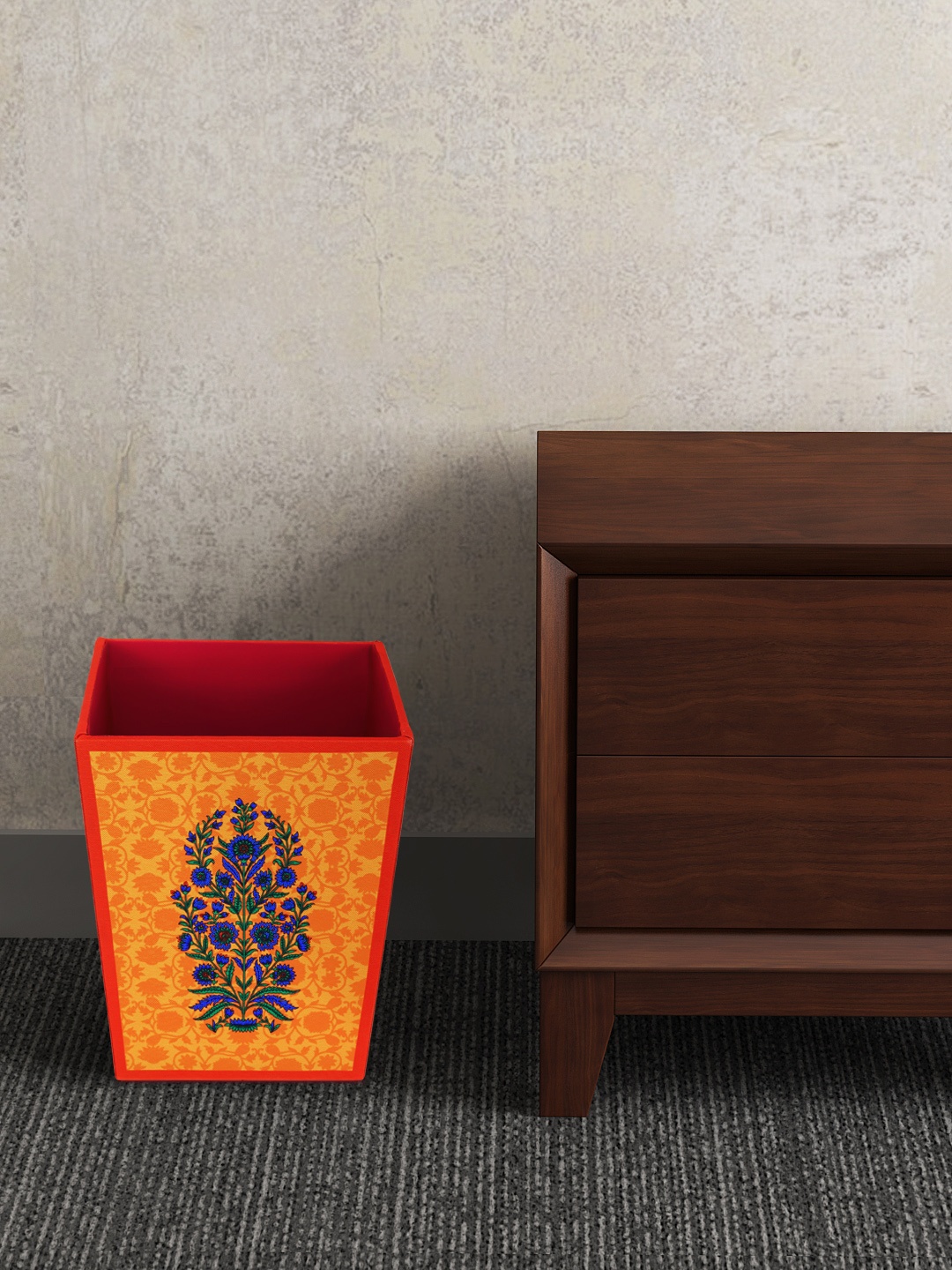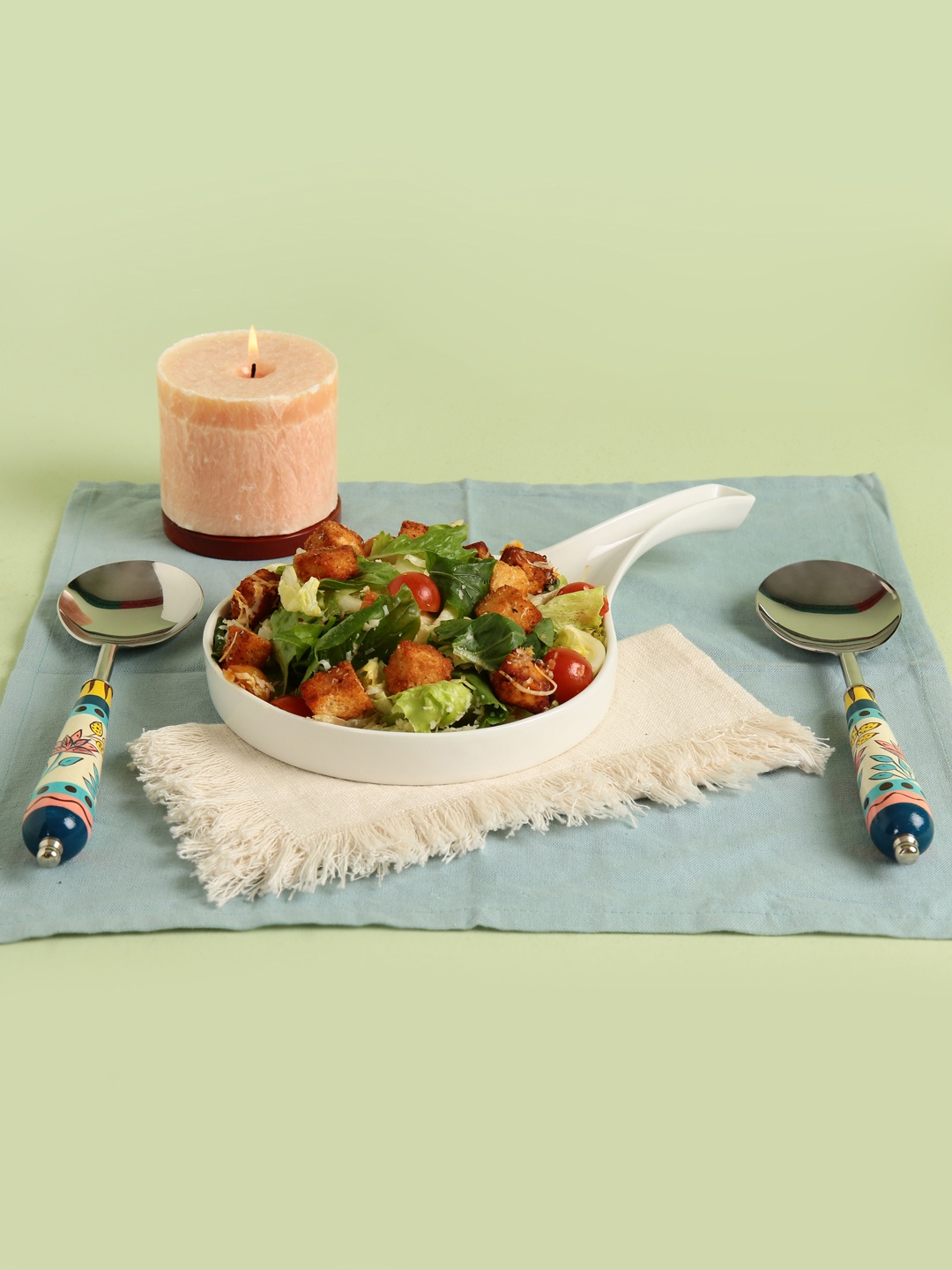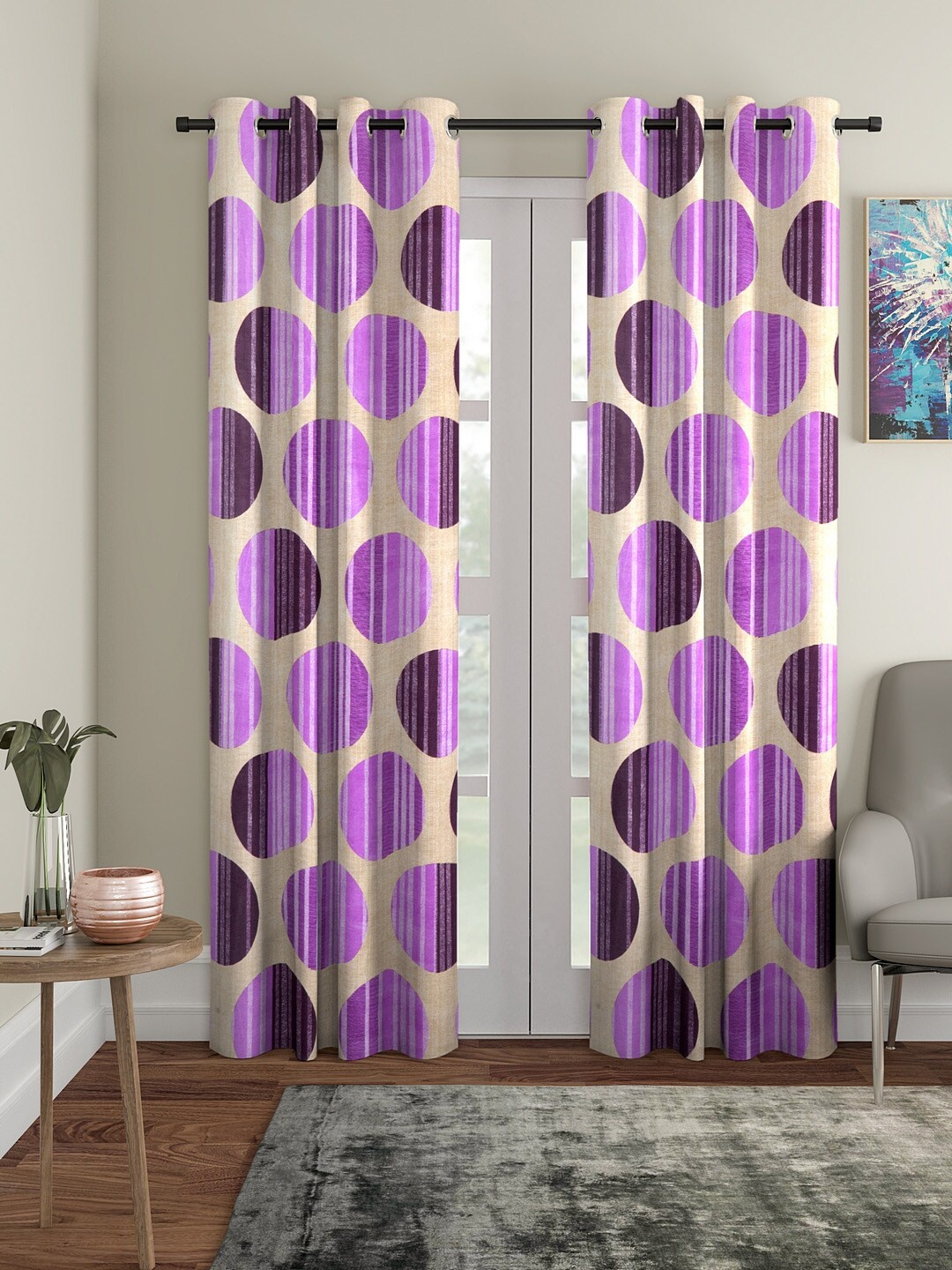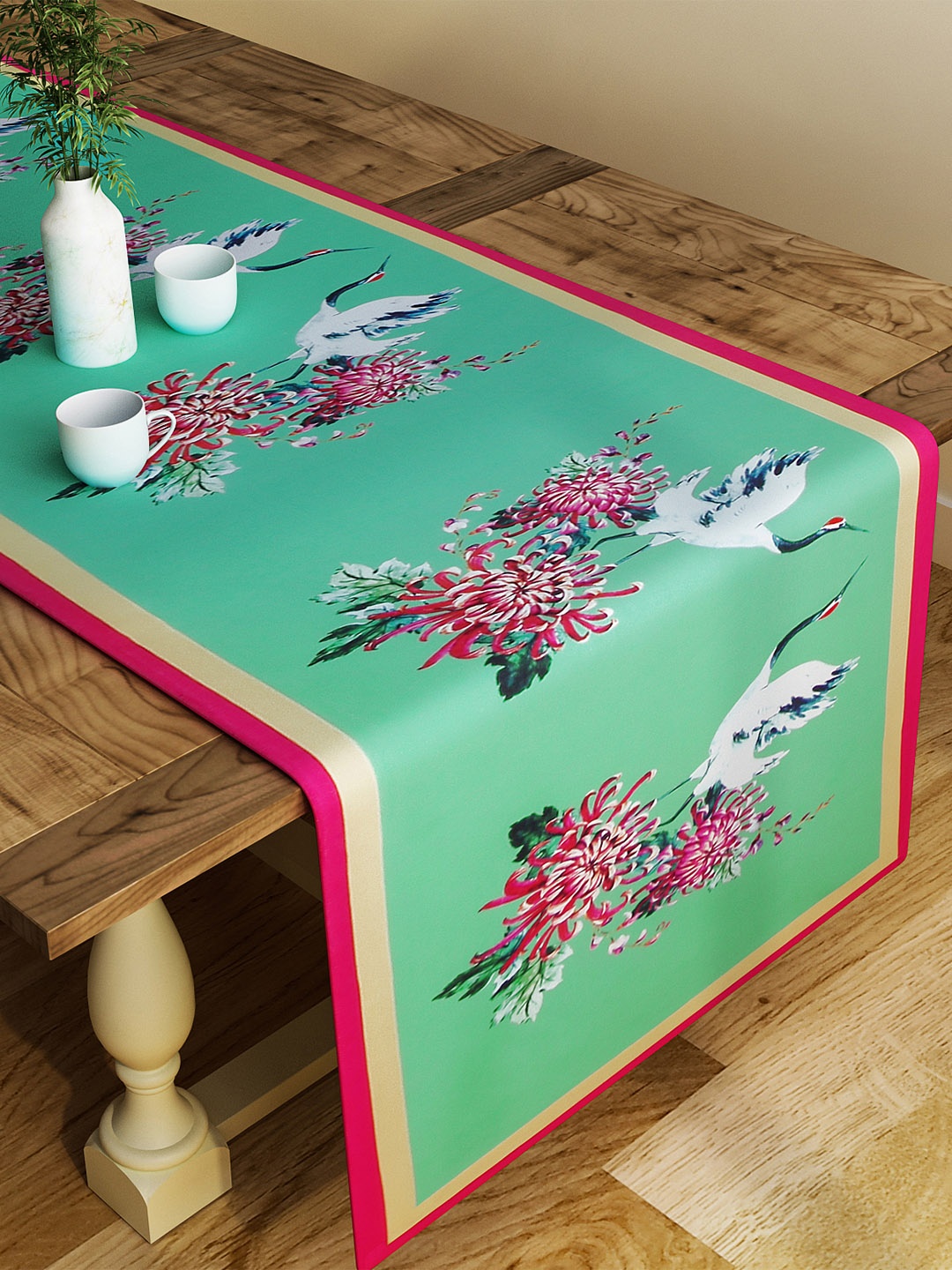How To Pick Space-Saving Shelves That Do Not Wobble Or Look Cluttered
In homes where every inch counts, choosing the right shelves can be the difference between a neat sanctuary and a messy maze. This guide dives into how to find the perfect space-saving shelves that will not shake.

How To Select Wall Shelves That Save Space Without Wobbling or Creating Clutter
Every home, whether a studio flat in a bustling metro or a cosy two-bedroom in a quiet suburb, tells a story. And in most of these stories, there's a recurring villain: clutter. The chaos isn't always because of too many things, but rather because of poor storage choices. That's where space-saving shelves come in. But here's the catch, not all shelves are equal. Some wobble like a tower of cards, while others gobble up visual space until your room feels like it's gasping for air.
A well-chosen shelf doesn't just store; it enhances. It fits your space, holds its ground (literally), and blends into your décor without drawing unnecessary attention. Whether it's for books, plants, kitchen jars or your growing collection of oddly-shaped travel souvenirs, the right shelf can tidy up the space and uplift the mood.
So how does one pick shelves that are sturdy, stylish, and subtle? Let's break it down, one smart decision at a time.

Smart Shelving: How To Choose Space-Saving Options That Are Stable, Not Cluttered; Photo Credit: Pexels
1. Measure Twice, Buy Once: Get the Size Right
Before diving into online listings or furniture showrooms, bring out the measuring tape. Guesswork here is a guaranteed recipe for regret. A shelf that's too wide will make the room feel cramped. Too small, and it loses utility.
Consider both vertical and horizontal space. Tall, narrow shelves are great for corners and tight spots, while wide ones work well for living room walls or kitchen backsplashes. And remember, homes in cities often have less floor space, so go vertical whenever possible.
Sketch a quick layout if needed. Visualising helps prevent impulse purchases that don't fit. Think about clearance space too, especially if you'll be accessing the shelf often. A good fit is one that leaves breathing room around it, both physically and visually.
2. Material Matters: Choose Durable, Stable Shelving
Shelves aren't just décor, they bear weight. And what they're made of affects both their sturdiness and longevity. Particle board might look great initially, but over time, especially in humid climates, it may sag or even warp.
Opt for engineered wood with a decent thickness or solid wood if the budget allows. Metal shelves work well in industrial or minimalist interiors and are surprisingly strong without adding bulk.
For those on a budget, sturdy MDF with proper reinforcement works too. Just ensure the brackets are heavy-duty and suited to the wall type, plaster, brick, or concrete. A shelf shouldn't creak under pressure or tremble when touched.
When in doubt, visit a local carpenter or furniture store to feel the materials for yourself. Quality shelving might cost a bit more upfront, but it saves headaches (and repairs) down the line.
Also Read: Top 8 Best Ways To Use Wall Shelves For Storage And Style
3. Wall Type Woes: Understand Your Walls Before Drilling
Not all walls are created equal. What works on a solid brick wall may be disastrous on a hollow one. Before hanging any shelves, take a good look, or better yet, knock and listen. A hollow thud likely means you're dealing with drywall or gypsum.
For heavier shelves, brick or concrete is ideal. But with the right anchors, even lighter walls can hold a decent load. The trick is using the correct fittings, rawl plugs, toggle bolts, or wall anchors depending on the wall material.
If unsure, consult a local handyman. It's better to spend ₹200 on advice than to see your precious shelf (and everything on it) crash to the ground. And yes, those decorative terracotta mugs deserve safety.
4. Balance the Load: Think Function First, Fancy Later
Many shelves look stunning online, symmetrical grids, zigzag shapes, even floating clouds. But ask yourself: what will actually go on them? Books? Plants? Knick-knacks?
Heavy items need shelves that distribute weight evenly. For books, go for deeper shelves (at least 25–30cm) and ensure the bracket support is strong. Lighter items like décor pieces can sit on narrower ones.
It's also smart to distribute weight strategically. Place heavier items on the lower sections and lighter ones on top. This not only prevents toppling but also creates visual balance. Function doesn't have to kill style, it can guide it.

Smart Shelving Solutions: Choose Space-Saving Options That Are Stable, Not Cluttered; Photo Credit: Pexels
5. Keep It Clutter-Free: Less Is Always More
Here's the truth: the shelf is not the problem. It's what we dump on it. That stack of outdated magazines? The broken remote from 2014? They're all visual noise.
Good shelving design should encourage curation. Choose shelves with defined compartments or limited space, so you're forced to be selective. Use boxes or baskets to store loose items. Labels, especially in kitchens or kids' rooms, are lifesavers.
A clean shelf is a calming sight. It draws the eye but doesn't overwhelm. So ask yourself often, do I need this item displayed? If not, pack it, donate it, or toss it. Less stuff equals more space, always.
6. Go Modular When Possible: Flexibility Is Key
Life changes, and so do our homes. A modular shelving system adapts with your needs. Add a cube, remove a panel, flip it sideways, the possibilities are endless.
Modular shelves are great for renters, growing families, or those who like to shuffle things around often. Many local brands now offer budget-friendly modular pieces that can be assembled and disassembled easily, perfect if you plan to move homes in a few years.
It's also a brilliant option for tricky corners, awkward nooks, or multi-use rooms. Imagine one unit serving as both a bookshelf and a work desk divider. Smart and stylish.
7. Don't Ignore Aesthetics: Match Shelf Style to Room Mood
Shelves shouldn't scream for attention unless you want them to. Match their material, finish, and design to the rest of your room.
Rustic homes pair well with reclaimed wood or matte finishes. Sleek flats with glass and metal. Boho spaces love rattan or cane. And don't be afraid to add colour, a deep navy or forest green shelf can be a stunning contrast against white walls.
Avoid too many patterns or materials clashing in the same room. If your furniture is already varied, choose a neutral shelf. If everything is plain, let your shelf add a pop.
When style and substance come together, magic happens.

How To Select Wall Shelves That Save Space Without Wobbling or Creating Clutter; Photo Credit: Pexels
8. Mind the Wobble: Test Stability Before You Buy
A shelf that wobbles is not just annoying, it's unsafe. Always test shelves in-store if possible. Give them a gentle shake. Place something moderately heavy on top and observe.
Wall-mounted options should come with high-quality brackets and secure fittings. Floor-standing shelves should sit flat, with no rocking even on uneven tiles. Some come with adjustable feet, perfect for homes with slightly slanted flooring (which is more common than you'd think).
If buying online, read reviews carefully. Look for complaints about build quality or imbalance. And avoid anything that looks top-heavy unless you're anchoring it to the wall.
Safety can be stylish, don't compromise.
9. Think Multi-Purpose: Let Shelves Work Overtime
Why have a shelf that does just one thing? In modern homes, every piece of furniture should pull double duty.
Floating shelves in the kitchen can hold jars and act as a spice rack. Bookshelves can double as room dividers. A simple ladder shelf in the bathroom can stack towels, plants, and essentials with ease.
Some options even come with hooks, drawers, or hidden compartments. Think beyond the obvious and let your shelves earn their place.
And if space is really tight? Try fold-down shelves that disappear when not in use. Brilliant for tiny study nooks or makeshift work corners.
10. Stick to a Budget: But Don't Be Cheap
Budgeting for furniture isn't glamorous, but it's necessary. Thankfully, there are plenty of affordable options in the market that don't look or feel cheap.
Set a realistic budget, say ₹2000 to ₹5000 per shelf unit, depending on size and function. Avoid anything suspiciously cheap, it usually sacrifices quality. Keep an eye out for festive sales, clearance offers, or even trusted second-hand finds.
That said, spending a little more on a piece you'll use daily is a worthy investment. A good shelf should last years, not months.
Remember, frugality is smart. But skimping on essentials often costs more in the long run.
Products Related To This Article
1. BLUEWUD Petree Engineered Wood Wall Decor Floating Shelf Display Rack Decorative Hall Décor for Living Room Home Furniture
2. Dime Store Wooden Wall Corner Hanging Shelves for Living Room Stylish Zig Zag Home Decor Floating Display Rack Storage Organizer Unique Design
3. Home Sparkle MDF Wooden Wall Shelves (Brown)
4. Dime Store Wooden Wall Shelves | Corner Wall Shelf
5. Dime Store Wall Decor: Wall Shelves for Home Decor Items
6. Dime Store Engineered Wood 3-Tier Floating Rack Shelf for Living Room Corner Shelf Decorative Rack Shelf Organizer
7. Dime Store Engineered Wood Kitchen Storage Rack Wall Mounted Storage Shelf with Hooks Wall Shelves
A great shelf isn't just a plank of wood on a wall, it's a thoughtful addition that brings harmony to your space. It stores, supports, showcases, and simplifies. Picking the right one means understanding your space, your needs, and yes, your quirks.
With a bit of planning and creativity, you can find space-saving shelves that stand tall, stay firm, and never cramp your style. Whether you're displaying childhood memories or storing everyday essentials, your shelf can be more than functional, it can be beautiful.
So go ahead, measure that wall, set a budget, and pick a shelf that truly earns its spot. And while you're at it, maybe give those old magazines a second look, they've probably overstayed their welcome. Shop Now On Amazon
Disclaimer: The images used in this article are for illustration purposes only. They may not be an exact representation of the products, categories, and brands listed in this article.
















![Steam Iron Teflon Shoe Cover for ES-300,ST-96 [Only For ES-300 and ST-96 Model Electric Steam Irons]](https://m.media-amazon.com/images/I/51wwkttondL._SL160_.jpg)








